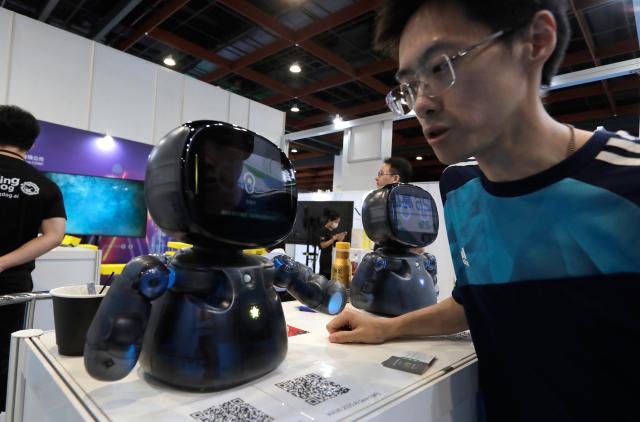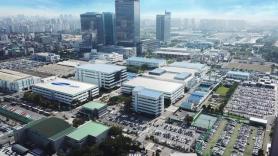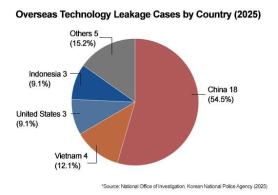
SEOUL, August 22 (AJP) - South Korea said Friday it would revive a military service exemption program for specialists in artificial intelligence, part of a broader effort to accelerate what officials are calling a national “AI transition” and to prevent the outflow of top talent abroad.
The plan, announced in the government’s new economic growth strategy, comes as countries around the world race to secure expertise in artificial intelligence — a field that is increasingly seen as a determinant of economic strength and national security.
Beginning next year, graduate students pursuing master’s and doctoral degrees in AI will be given priority placement as “special research personnel.” The designation allows certain science and engineering graduates to complete their military service obligations by working in private-sector research institutes or universities rather than in uniform.
Officials said they would amend existing regulations, which currently favor researchers in semiconductors, industrial components and other strategic technologies, to include AI.
“AI is no longer a sectoral issue. It is the foundation of competitiveness across all industries,” the Ministry of Economy and Finance said in a statement.
South Korea maintains one of the world’s strictest conscription systems, requiring almost all able-bodied men to serve 18 to 21 months in the military, depending on the branch.
The “special research personnel” program was introduced in the 1970s to help secure expertise in science and technology at a time when South Korea was still an emerging economy.
The system has produced some of the country’s most prominent technology leaders, including Kim Jung-ju, the late founder of the gaming giant Nexon, and Kim Taek-jin, the chief executive of NCSoft.
But the program has also drawn criticism for being overly generous and unequal.
In 2022, the government moved to scale it back, narrowing eligibility and limiting the number of positions. Critics argued that the exemptions allowed privileged students to avoid military service while ordinary conscripts bore the burden.
Calls for revival, however, have grown louder in recent years as South Korea has sought to position itself as a leader in artificial intelligence, competing not only with the United States and China but also with smaller, nimble players like Singapore and Israel.
Business groups have warned that without new incentives, many of South Korea’s brightest AI minds will choose to study or work overseas, where they face no military obligations.
At a parliamentary hearing in February, Park Sung-ho, chairman of the Korea Internet Corporations Association, urged lawmakers to restore the program, saying it was “vital to prevent the country’s most promising AI researchers from leaving.”
He added that the policy could help attract foreign talent as well, if South Korea signaled that it was willing to create favorable conditions for innovation.
AI has become a particularly urgent priority in Seoul, where policymakers see the technology as critical to boosting productivity in a rapidly aging society and to strengthening defense capabilities against North Korea.
The government has pledged billions of dollars in investments to develop domestic AI chips, build large-scale language models and expand AI education at universities.
Copyright ⓒ Aju Press All rights reserved.




